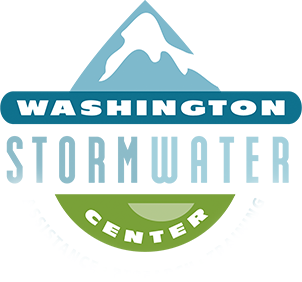
Puget Sound Recovery
In our Puget Sound work, we collaborate with a wide range of state and federal agencies (led by the Puget Sound Partnership), universities, non-profits, and community groups in the course of this work. With habitat and shellfish teams, the Stormwater Initiative Lead provides a roadmap for how to effectively address stormwater problems in the 12-county Puget Sound Region.
For more information contact Heidi Siegelbaum – (253) 445-4502
The Washington Stormwater Center is a collaborating partner of the Stormwater Strategic Initiative Lead (SIL) which is one of three initiative teams funded by The U.S. Environmental Protection Agency through the National Estuary Program (NEP) to facilitate Puget Sound recovery.
This team is led by partner Washington State Department of Ecology and includes WSC and the Washington State Department of Commerce. The focal center for the work is three Implementation Strategies which guide how we address stormwater issues and include the completed Benthic Index of Biotic Integrity (BIBI) and Toxics in Fish/Aquatic Species Implementation Strategies.
The team expects the Marine Water Quality Implementation Strategy to be released in fall 2023. For the last several years the SIL has developed biennial Investment Plans, guided by our standing Stormwater Strategic Advisory Team (SIAT) for portfolio funding decisions. Since 2016, the SIL has funded over $27 million worth of research, outreach, pilots, and monitoring investments.
WSC participates in shaping investments and strategic policy recommendations, manages our Advisory Team, and provides technical reviews of strategies and projects, as well as underlying science and gray literature integration to the initiative. An important aspect of this work is creating linkages between the research generated by the Washington Stormwater Center/WSU-Puyallup research and extension outreach, and the work of the Puget Sound Ecosystem Monitoring Program (PSEMP) and the Puget Sound Partnership’s Science Team. The Center’s lead for this work, Heidi Siegelbaum, serves on the steering committee of PSEMP and the Communications Subcommittee, making connections between that body of regional monitoring and the work of WSC researchers.
The team is also in the process of incorporating environmental justice considerations into our engagement, RFPs, workshops and related processes, and is collaborating with many partners to develop our understanding and practice
The WSC Low Impact Development and Ecotoxicology Research programs’ work supports the Center’s participation in the SIL by providing up-to-date, relevant, and cutting-edge science and project reviews to inform the selection and implementation of effective stormwater management strategies. Many of the projects this team funds address green stormwater infrastructure and aquatic ecotoxicology research, which plays a substantial role in strategies to recover Puget Sound. Dr. Ani Jayakaran recently joined the Puget Sound Partnership’s Science Panel, which also serves to connect Puget Sound recovery with the Center’s perspectives and research.
Relevant literature reviews are shared widely with Puget Sound practitioners and conversely, project-level results are reviewed and shared by the LID program and other researchers within WSC.
The Center also connects relevant 6PPD Q research and mitigation strategies with the larger efforts to address this tire wear particle’s impacts on ecosystems and coho salmon in particular.
Sign up for the Puget Sound Program Updates and stay apprised of RFPs, news, and stories about progress in the region!


